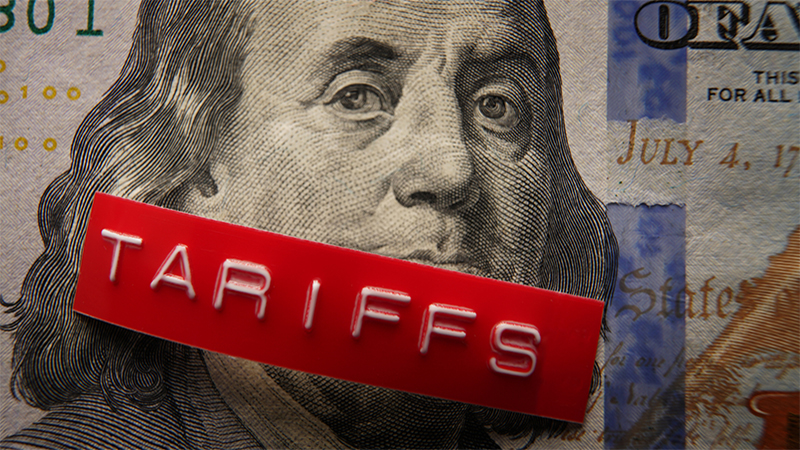Equity investors may pride themselves on their role as part-owners of the means of production, a vital cog in the machine of a capitalist economy.
Increasingly, however, it seems it is not the public markets, but private assets, that are fuelling the engine of growth.
Partners Group, a Switzerland-based manager of private equity and private debt funds, recently published a white paper – Private Markets: The New Traditional Asset Class – with the subtitle ‘How private and public markets have changed roles in financing the real economy and what this means for the future’.
Its authors argue that while public market participants have “become dazzled by the IPOs of high-profile but unprofitable companies”, the real hard work of building businesses and investing in growth is going on in the private markets.
This is quite a change in emphasis from the Dragons’ Den/business angel/gunslinging venture capitalist images that may immediately spring to mind when the words ‘private equity’ are mentioned.
“In public markets this year, particularly the UK, there have been practically no IPOs and very little capital-raising,” comments Ewan Lovett-Turner, head of investment companies research at Numis Securities.
“It is kind of the point of equity markets to fund new innovation and businesses – but that is not really happening.”
He notes private markets offer a way of providing capital to a different group of companies that investors can “grow and build, not just own and harvest cashflows”, adding: “It’s what people should be using their capital for.”
Private assets fall into three broad camps: private equity, private debt and real assets, which by nature tend to be private.
Respective examples of each might include a majority stake in or full ownership of a business, a direct loan to a company, or an office building, hospital or windfarm.
Since these tend to be large investments and are not subdivided into portions that are traded on an exchange, they are not readily realisable and are thus said to be illiquid.
Read the full interview in Portfolio Adviser’s May 2023 magazine.










